Perhaps one of the most confusing behaviors of birds, it often makes you wonder why birds vomit and why.
Regurgitation (vomiting) is completely normal behavior in birds and is not a cause for concern, although it is a sign of illness that must be treated immediately.
Why do birds vomit?
Regurgitation is a normal breeding behavior. In most cases, the felon will dislodge its head and extend its neck during the process, and the food it ingests will not be digested. Additionally, the regurgitator will not show any signs of illness or distress.
It is best to observe the regurgitation behavior of the birds in the nest, when the hen sits on the eggs, her chicks will wriggle several times, only to return to the nest and purr to feed the mate.
Once the eggs hatch, the resulting young birds are completely dependent on their parents for food, which requires the adult birds to replenish their meals to feed their offspring.
It is a very effective way to introduce food to their young ones, they don’t need anything, because it is partially digested it is a little easier for babies to absorb the food that is being handed to them.
Regurgitation is also a way birds show each other that they are “interested.” This is a normal behavior. It is very common for pet birds to vomit on other birds, their favorite people, or even their favorite toys. If your bird is vomiting on you, it is likely a sign of affection.
Vomiting can be the result of any number of physical problems including:
- Infections, including viral, parasitic, bacterial or fungal infections, including candida and tapeworms are particularly common problems.
- Diseases including heart, kidney and liver disease, diabetes and septicemia
- Nutritional or nutritional problems such as overeating or feeding too much protein, vitamin A, D, E, or iron
- Food allergy
- Change in diet
- Gastrointestinal disease or obstruction
- Drug interactions
- Physical or psychological stress as a result of a change in location or changes in family structure (new pets, new people)
Treating vomiting in birds
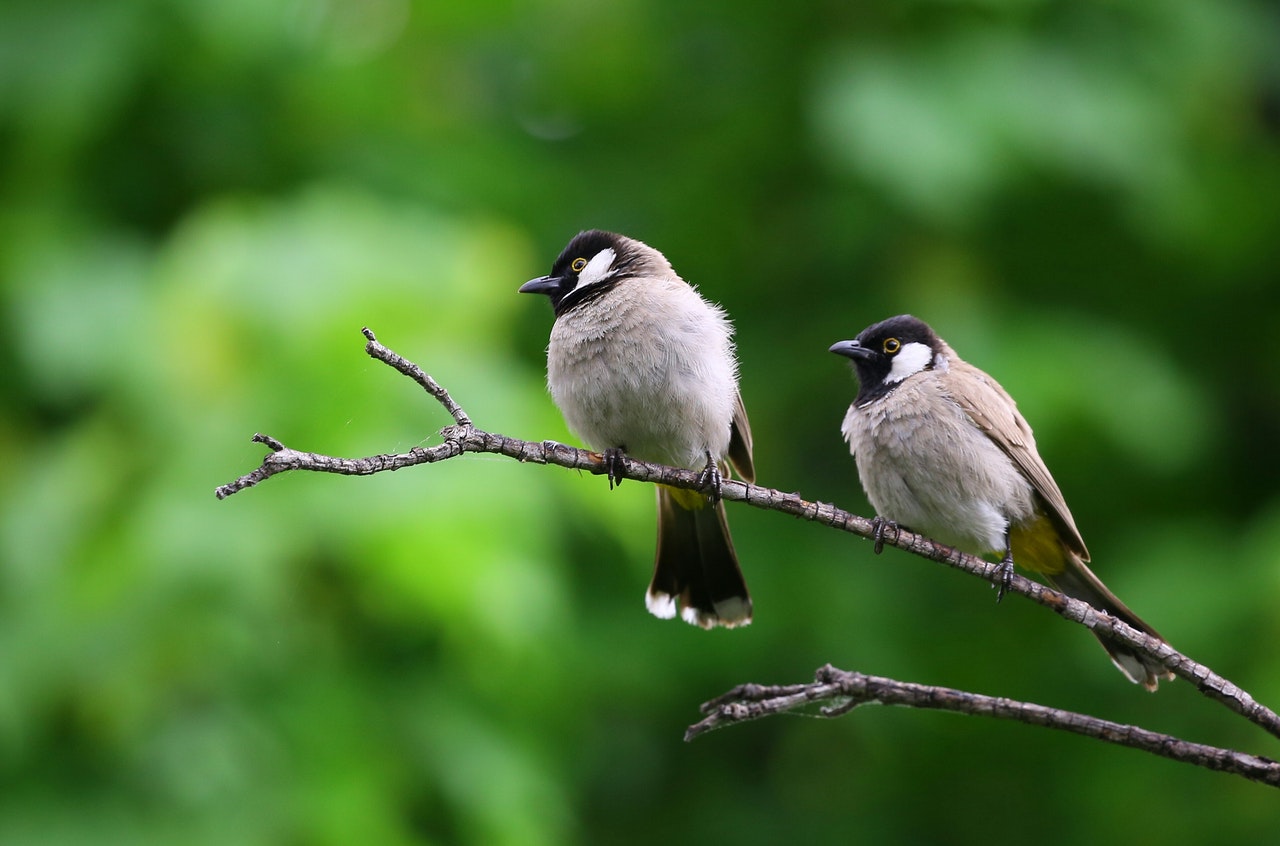
If you notice any sign that makes you think your bird may be vomiting from an illness, it is important to contact an avian vet immediately for an examination. Treatment may include:
- Change diet
- Medicines to treat an underlying disease or infection
- Occlusion surgery
- Thorough cleaning of the environment and removal of any potentially toxic substances

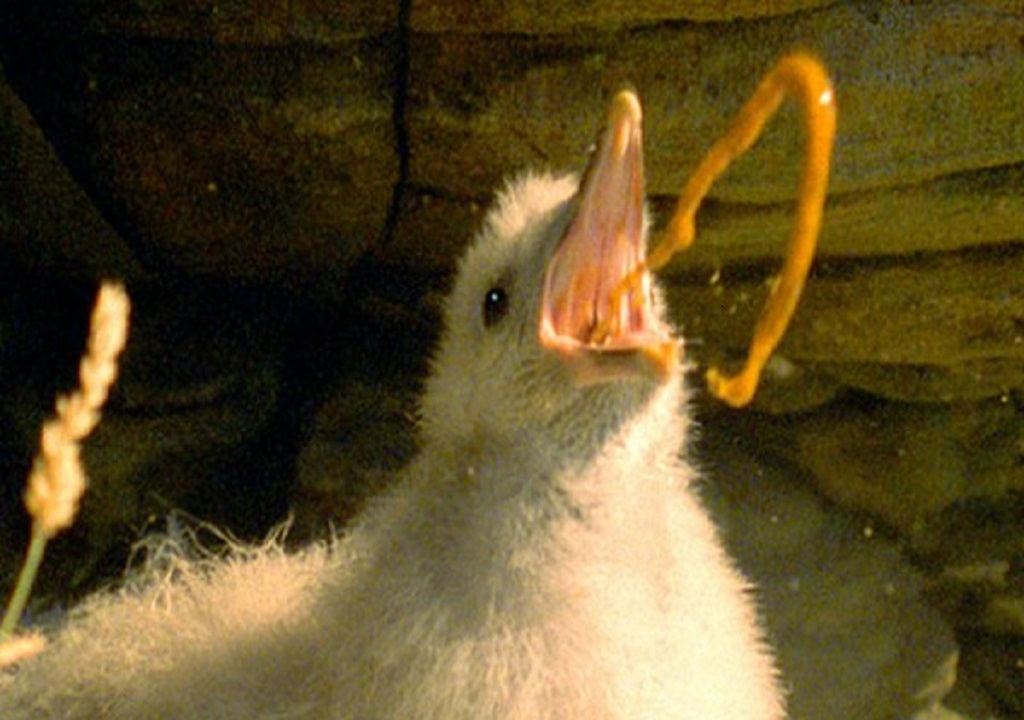
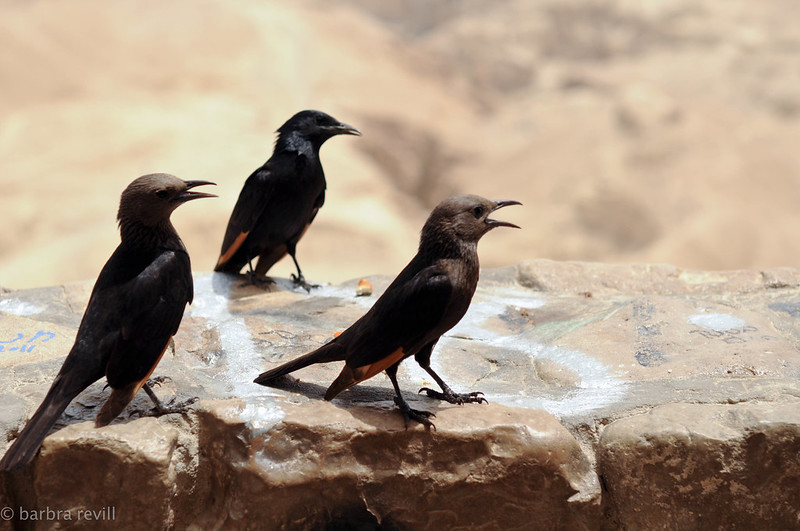
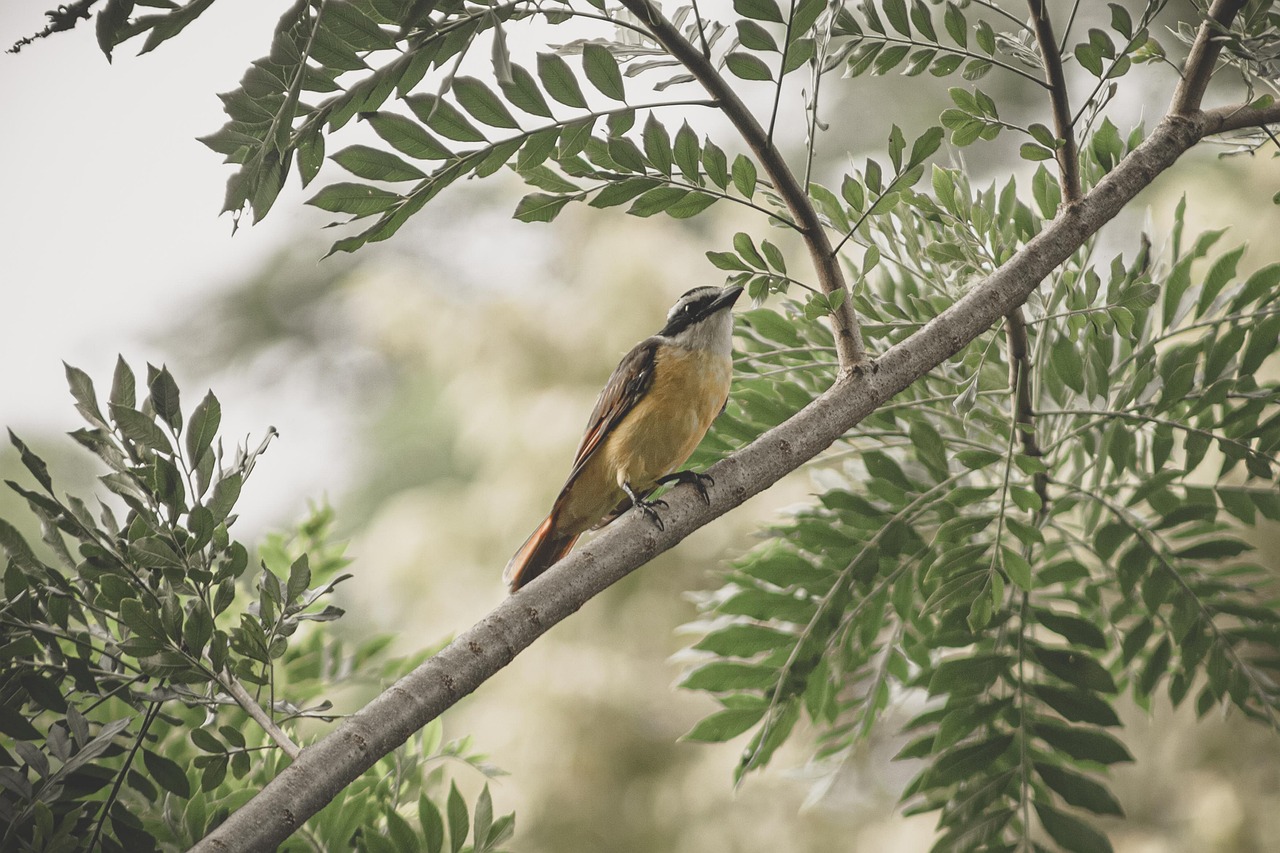
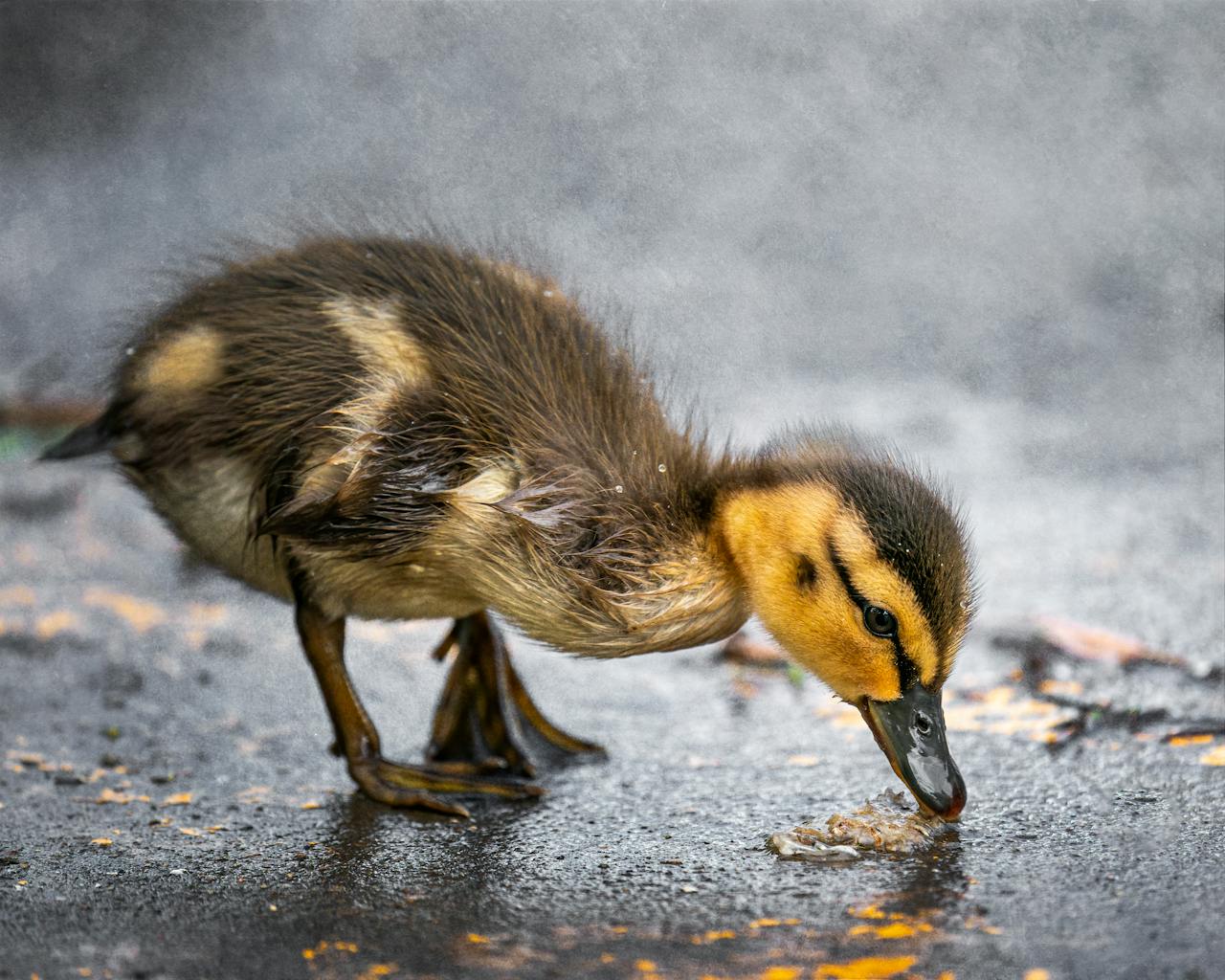
Leave a Reply